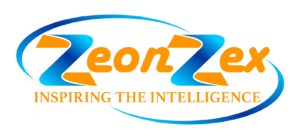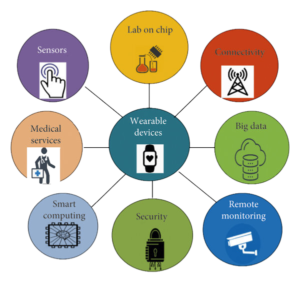
IoT in Smart Healthcare Systems
The adoption of Internet of Things (IoT) technology in the healthcare sector has brought about a new era in patient care and management. Smart healthcare systems enabled by the Internet of Things (IoT) have transformed the gathering, evaluating, and use of medical data, leading to more efficient and personalized medicine. In this article, we’ll look at the impact and significance of IoT in the healthcare sector, as well as its various applications and benefits for both patients and healthcare professionals.
IoT devices provide continuous monitoring of a patient’s vital signs and health parameters, enabling remote medical personnel to follow and evaluate data in real-time. Patients with chronic illnesses stand to gain the most from this ability since it enables early intervention and customized treatment plans. Wearable technology, such as fitness trackers and smartwatches, may track heart rate, blood pressure, and activity levels. These gadgets can notify medical professionals if any irregularities are discovered.
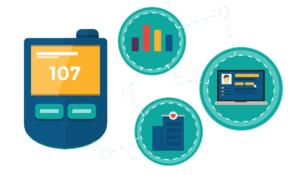
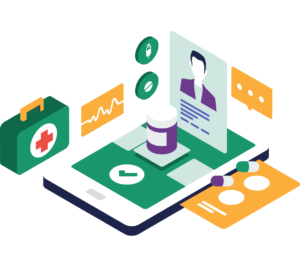
Smart medication dispensers with Internet of Things capabilities help patients take their prescriptions as directed. These devices can notify healthcare providers about missed doses, remind patients, and provide medication at the right time. This improves patient compliance and reduces the chance of medication errors.
We regularly assess the condition of medical facilities and equipment using IoT-enabled sensors. By compiling information on how the equipment operates and proactively detecting any issues, maintenance may be scheduled before significant breakdowns occur. By reducing downtime and ensuring the availability of vital medical equipment, this proactive approach ultimately leads to a safer hospital environment.
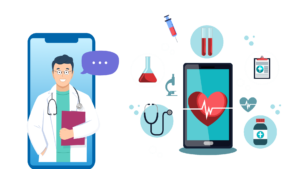
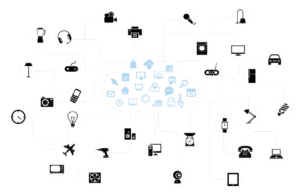
Optimizing the utilization of resources in healthcare establishments is contingent upon the Internet of Things. For instance, intelligent inventory management systems automatically monitor supplies, equipment, and prescription medications and arrange reorders as necessary when stock levels are low. This streamlines procedures and reduces waste and the likelihood of shortages.
You may get insightful knowledge that will assist you in making informed decisions by utilizing the abundance of data generated by Internet of Things (IoT) devices. By analyzing massive datasets, medical practitioners may see trends, predict disease outbreaks, and tailor treatment regimens to the particulars of each patient. This data-driven approach to care delivery leads to improved health outcomes.
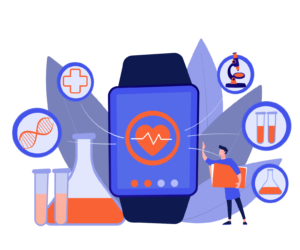
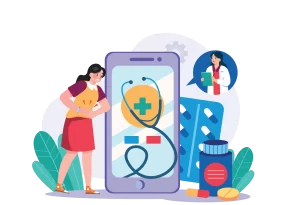
In conclusion, the use of IoT in the healthcare industry has ushered in a new era of intelligent healthcare systems, revolutionizing patient care as well as operational performance. As IoT technology advances, it has the potential to significantly alter the healthcare sector. In addition to improving patient outcomes, IoT use in healthcare provides medical staff with the tools they need to deliver more effective, personalized care.
IoT will undoubtedly play a role in healthcare delivery in the future, and as the technology advances, so too will its effect.
